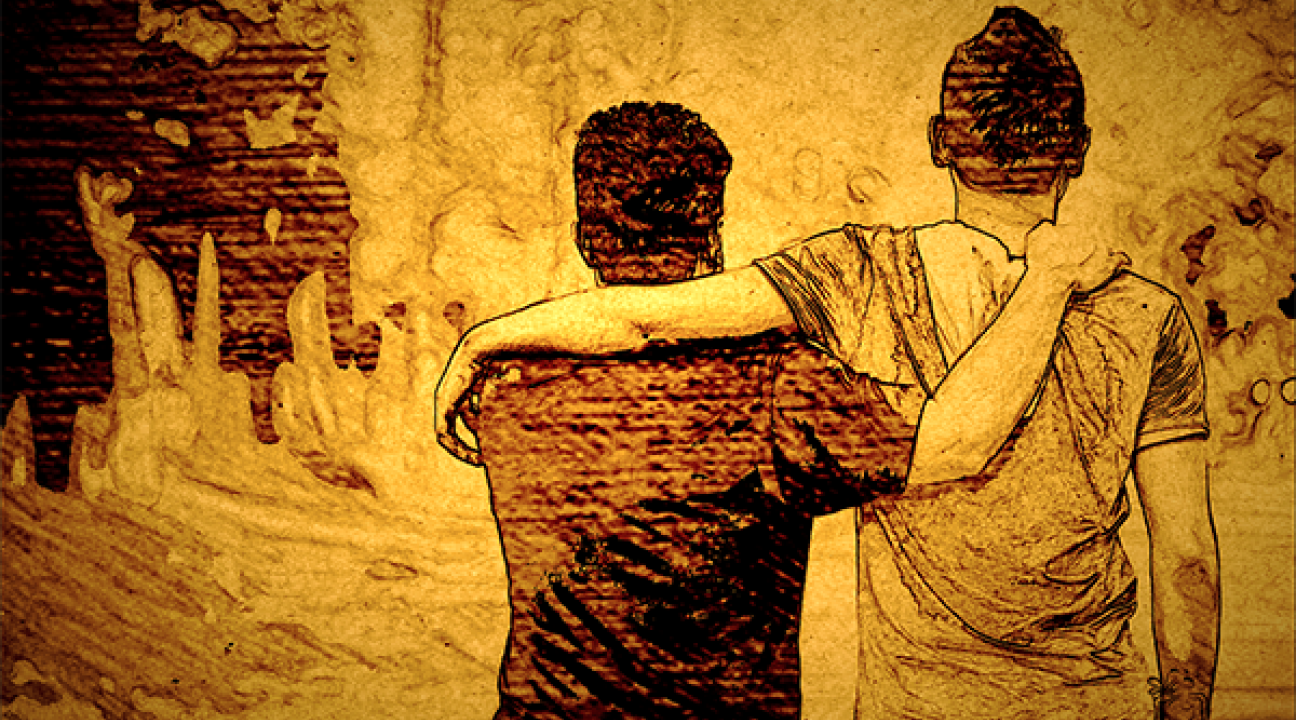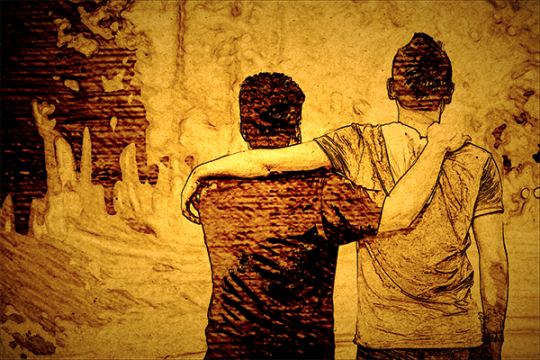LGB Friendship Study
New Study Points to Greater Gay, Lesbian and Bisexual Acceptance
"People's friendships aren't as different as they may seem," says Sonoma State University sociology professor Brian Gillespie, the lead author of a 25,000-subject friendship study published June 18 in the journal PLoS One. "There are, in fact, some noteworthy similarities."
It was those similarities that surprised Gillespie in the paper, Homophily, Close Friendship, and Life Satisfaction Among Gay, Lesbian, Heterosexual, and Bisexual Men and Women. "There are fewer significant differences between gay men, lesbians, and bisexual men and women and how they utilize their friendships than we expected," he says.
"The fact that these similarities exist, where we originally expected some differences based on gender composition, friendship type, and sexual orientation, points to greater gender egalitarianism and gay, lesbian and bisexual acceptance," says Gillespie.
The study is the first to provide such comprehensive comparisons of the same-gender and cross-gender friendship networks of gay men, lesbians, and bisexual and heterosexual men and women. As the paper notes, "The role of friendship for gay men, lesbians, and especially bisexual men and women has been understudied."
"Our findings highlight the complex nature in which friendship patterns can be assessed," says Gillespie. "We strategically chose questions that dig deeper into the different types of friendships people have."
This paper builds on previous research Gillespie has done, which found men and women's friendships to be unexpectedly similar. Traditionally, women's friendships are thought of as "face to face," like having coffee together, and men's friendships are thought of as "side by side," like attending a football game. This study shows there is more to these relationships than meets the eye. "There's an emotional component to men's friendships as well as an instrumental component to women's friendships," says Gillespie.
Overall, the quality of one's friendships contributed more to individuals' life satisfaction than the sheer number of friends. Or, as Gillespie puts it, "You can have 3,000 Facebook friends but it's your close friends that really count."
Authors also included researchers from Chapman University, CSU Channel Islands and Brooklyn College. The study was conducted by survey via a popular news website.
Findings from the study:
• Satisfaction with friends was equally important to overall life satisfaction for all groups
• Women talked more with other women about their sex life than men talked to other men about their sex life
• Young gay men have more female friends with whom they can talk about their sex life than young heterosexual men
• Heterosexual men reported more same-gender friends than did young gay and bisexual men
• Heterosexual participants had more same-gender than cross-gender friends across all friendship types (avoiding cross-gender friendships or keeping them to a minimum may be an effective way of sidestepping unwanted sexual tension)
• Gay men and lesbian participants reported fewer same-gender friends than heterosexual participants on whom they can count to celebrate their birthday



